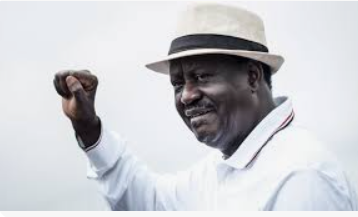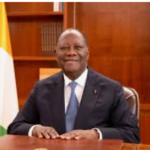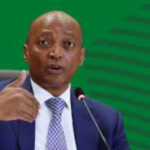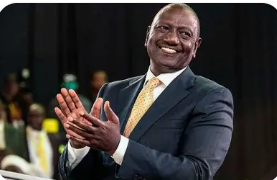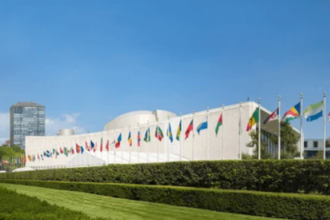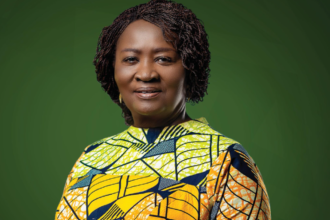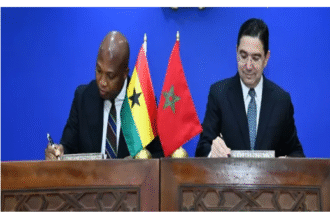Nairobi, Kenya – In a recent address at a funeral in Machakos County, Raila Odinga, the leader of the Orange Democratic Movement (ODM), urged Kenyans to allow the current government under President William Ruto to work without interruption until the next elections in 2027. He emphasized the importance of focusing on pressing national issues rather than engaging in constant political strife.
Key Takeaways
- Raila Odinga advocates for patience among Kenyans until the 2027 elections.
- He believes that excessive political activism is hindering government progress.
- Odinga defends his partnership with Ruto as a means to address critical national issues.
- Several former critics of Ruto have shifted to support his administration.
The Call for Unity
Odinga’s remarks come at a time when political tensions in Kenya are high. He stated that the government needs time to address significant challenges such as the high cost of living, exploitative tax regimes, and inefficiencies in the health sector. He argued that if the current administration is bogged down by political opposition, the situation for Kenyans could worsen by the time the 2027 elections arrive.
“What is important is that Kenya remains together. Kenyans need to live between now and 2027. The cost of living is currently high; they are suffering, the taxes are high, and corruption is escalating,” Odinga said. He emphasized that the focus should be on solving these issues rather than engaging in endless political battles.
The Memorandum of Understanding
Odinga defended the Memorandum of Understanding (MoU) he signed with Ruto’s United Democratic Alliance (UDA) party, stating that it was not an act of betrayal but a necessary step to address the pressing challenges facing the country. The MoU outlines a 10-point agenda aimed at improving governance and addressing the needs of ordinary Kenyans.
Key areas of focus in the MoU include:
- Strengthening devolution.
- Ending corruption.
- Compensating victims of police brutality.
- Ensuring fair distribution of resources across the country.
Shifting Political Alliances
Interestingly, several ODM politicians who were once vocal critics of Ruto have now become his supporters. Notable figures such as National Assembly Minority Leader Junet Mohamed and Homa Bay Governor Gladys Wanga have shifted their stance, indicating a willingness to collaborate with the current administration. This shift raises questions about the future of opposition politics in Kenya.
However, not all ODM members are on board with the MoU. Some, including Siaya Governor James Orengo and Embakasi East MP Babu Owino, have expressed reservations about the partnership, suggesting that it may not align with the party’s long-term goals.
Conclusion
Raila Odinga’s call for patience and collaboration reflect a strategic approach to governance in Kenya. By urging Kenyans to allow the government to work until the next elections, he aims to foster a more stable political environment that prioritizes the needs of the populace. As the political landscape continues to evolve, the effectiveness of this approach will be closely monitored by both supporters and critics alike.


